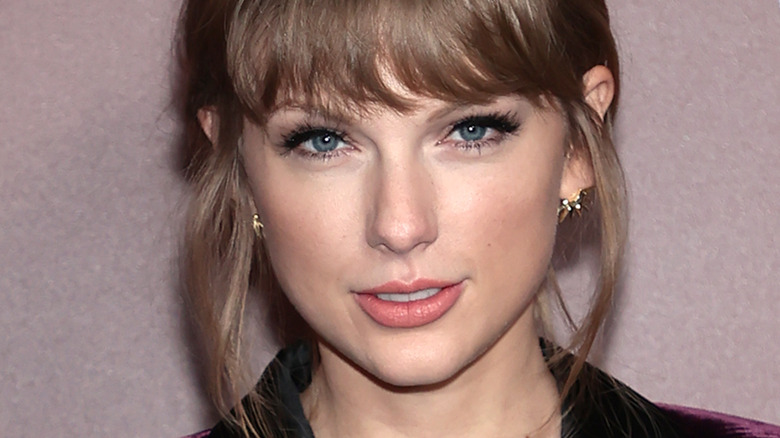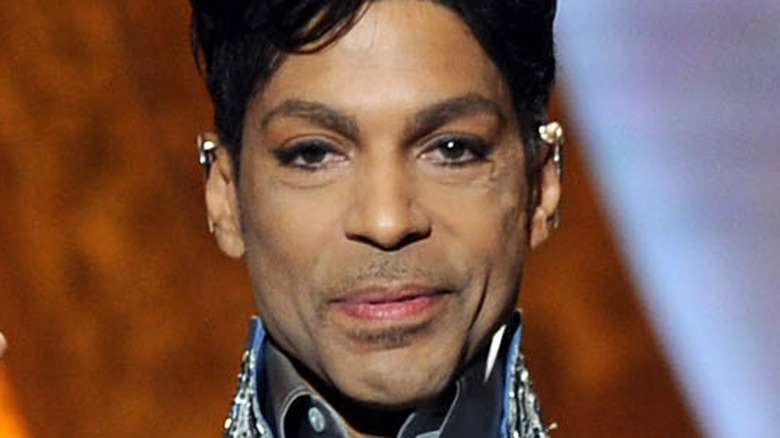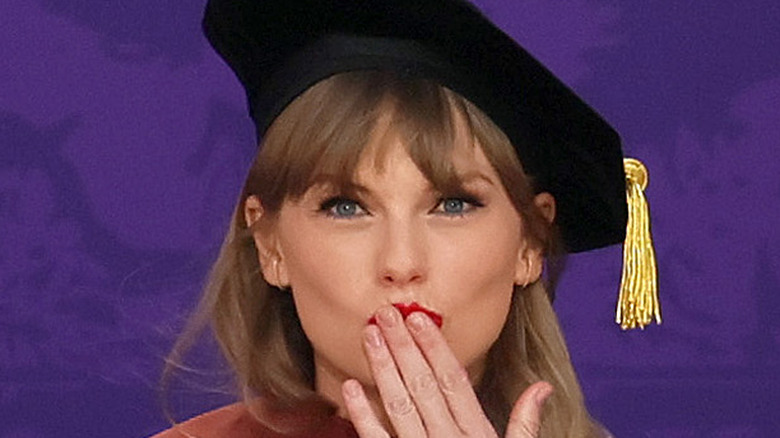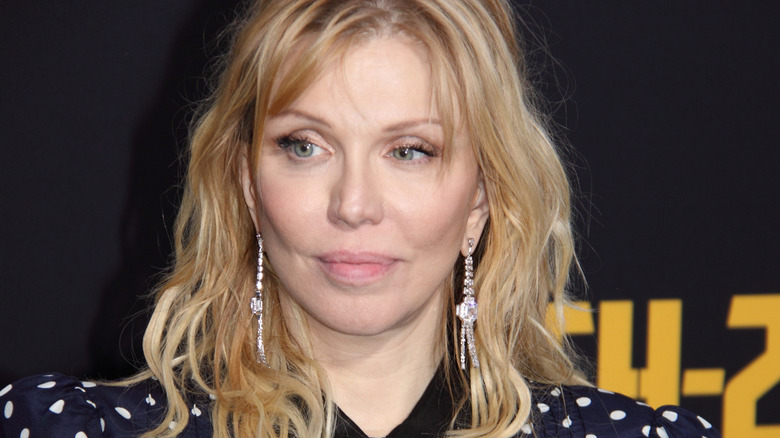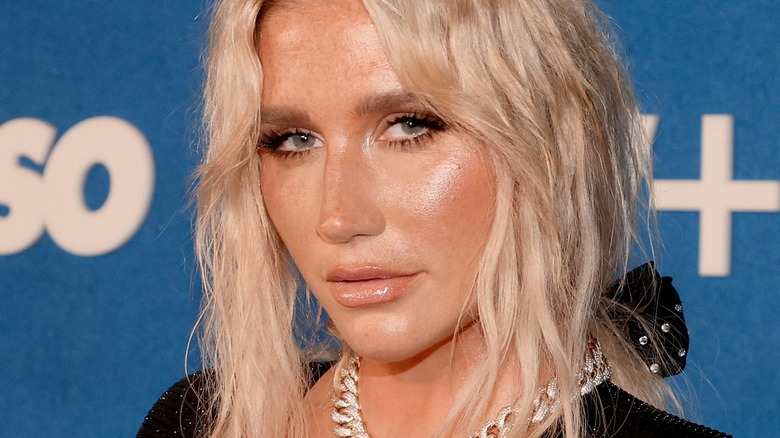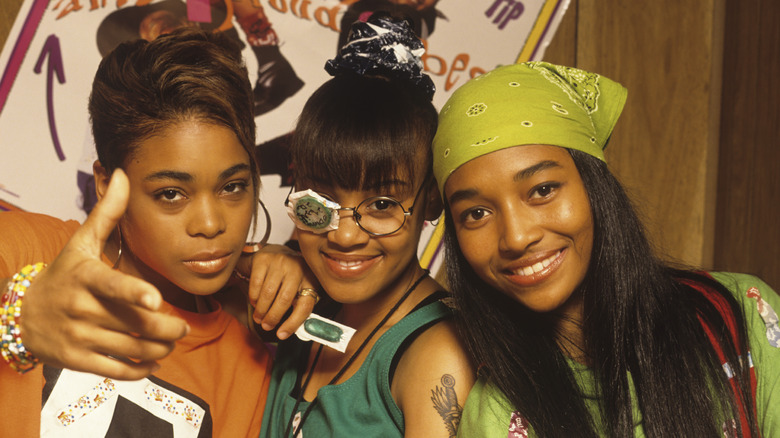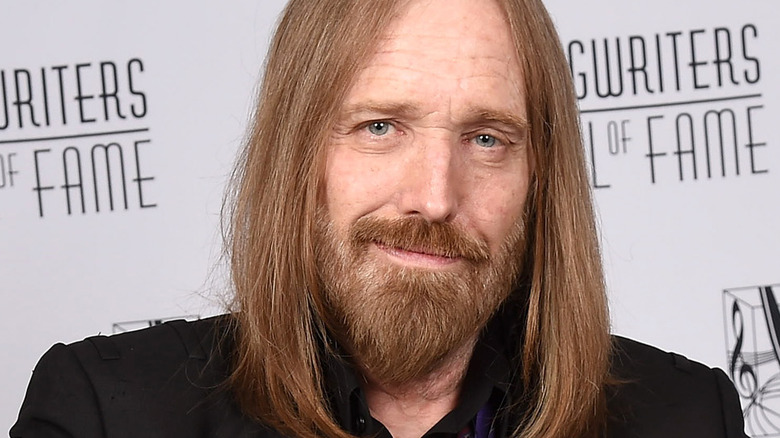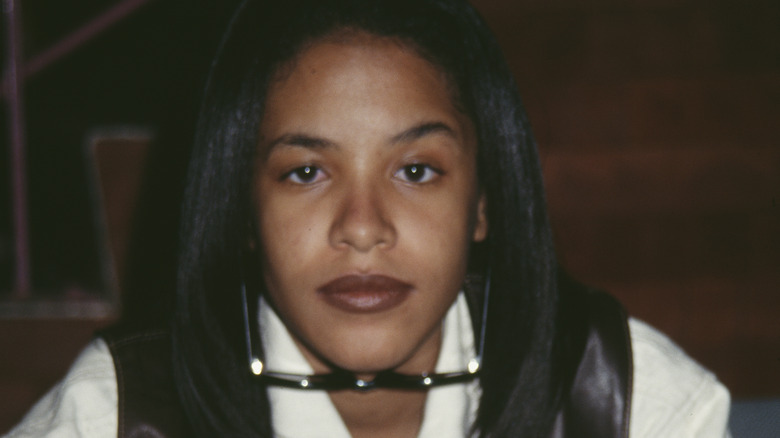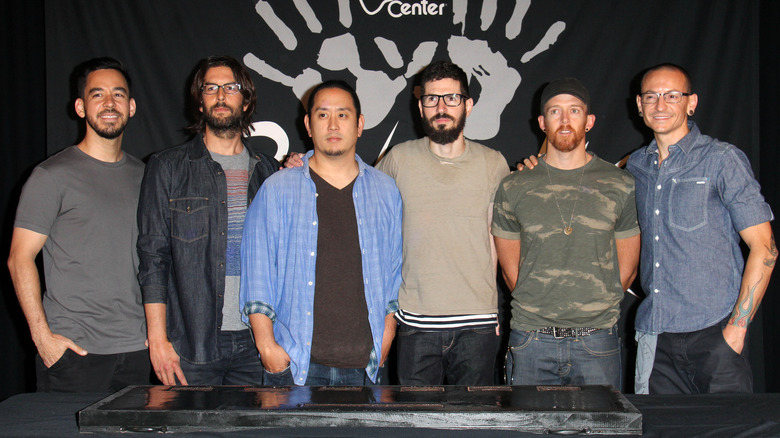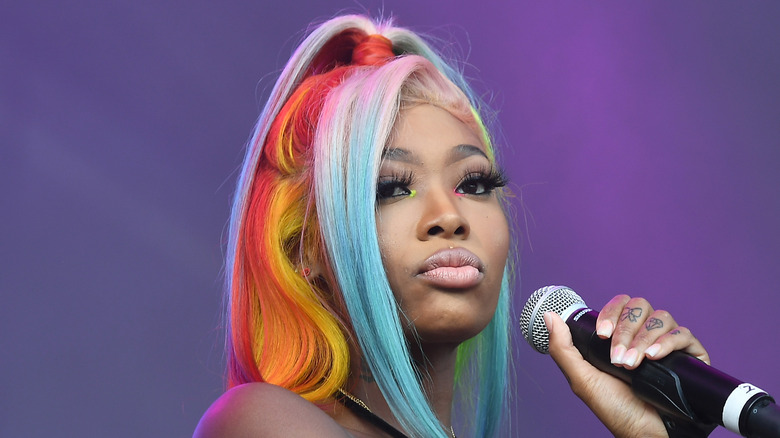Musicians Severely Mistreated By Their Record Labels
It appears that music industry contracts are one of the worst business deals one can ever make, as they trap artists in highly exploitative relationships, refusing to either pay them fairly or let them go. Explained by attorney Peter Paterno for the Los Angeles Times, the standard contract between the artist and the record label is unique to the music industry, as the conditions are much tougher than in any other industry, with contracts often lasting for a lifetime. And since all the major record labels act the same, artists have no other option then to sign the deal with the devil.
Numerous musicians have spoken against the music industry through the years, including Moby, who declared, "Major labels should just die," when speaking at a music conference in 2011. Many artists decided to fight back and filed lawsuits, declared bankruptcy, or even re-recorded their already-released albums. The legal framework is firmly on the side of corporations, further enabling them to monopolize the market and exploit artists, and adding massive streaming platforms to the mix only complicates things (via Digital Music News).
On top of that, women in the industry, especially Black female artists, have a much lower success rate when it comes to legal battles with major companies, explains Georgia Dodd for Bust. Plus, quite a few women aren't just fighting against financial abuse, but against sexual abuse as well. These are musicians severely mistreated by their record labels.
Prince
Prince was one of the earliest artists who fought back, which brought interesting results, especially regarding his public image and media coverage, reports Lisa Kay Davis for NBC News. His crusade against Warner Bros started in 1992 and lasted until his death, but it wasn't entirely selfish. During this time, he took lengthy measures to educate the public — and especially young talents — on the reality behind the glamorous image of the music industry, exposing the power the labels have, not just financially, but also through control of artistic expression.
According to Melinda Newman for Billboard, the record label wouldn't allow Prince to publish his new music, saying he would oversaturate the market, limiting him to one record per year. Prince wanted to own his music, which was impossible under the typical deal he signed when he was only 19, preventing him from ever owning the rights to his masters. To defy the label, he changed his name to an incomprehensible symbol in 1993, but that didn't work. He objected to the court of public opinion and often wrote "slave" on his face during public appearances, including the 1995 BRIT Award celebration. "Prince. In concert: perfectly free. On record: slave," he said. He then re-recorded all his albums and approached other artists, asking them to join in a collective fight. He managed to leave Warner Bros in 1996, but finally got ownership of his masters back in 2014, after agreeing to release two more albums for Warner Bros.
Taylor Swift
Taylor Swift signed a Faustian bargain in 2004 when she signed a contract with Big Machine Label Group, giving away ownership of the master recordings for her first six albums in exchange for money to start her career, becoming one of the best-selling musicians of all time. The problems started when Swift changed her label to Universal Music, and Big Machine denied her request to use her music at the AMA music event and for some projects with Netflix in 2019. And that's not to mention allegedly owing her almost $8 million in royalties, though Big Machine disagreed, claiming it was Swift who owes them money, according to CNN Entertainment.
When Swift started to discuss the situation in public, Scooter Braun, the main music manager behind the label, pleaded with her to stop talking about the situation, as she was causing confusion, and he and his family started to receive death threats. He also complained over social media that she was unavailable for a meeting, saying, "[she has] no interest in ever resolving this conflict" (via CNN Entertainment).
A year later, he sold the rights to her music to an investment fund for $300 million, and without Swift's prior knowledge. While still fighting her legal battles, Swift decided to re-record her albums, which further angered Braun. In 2021, Swift re-released the first of her albums: "Fearless (Taylor's Version)" (via Pitchfork).
Courtney Love
Courtney Love was one of the first artists who challenged the status quo in the music industry, explains Chuck Philips for Los Angeles Times. Love, successful in her acting career and the director of Kurt Cobain's legacy, had the means to counteract Vivendi Universal in 2001, asserting, "[She could be] the music industry's worst nightmare: a smart gal with a fat bank account who is unafraid to go down in flames fighting for a principle." She decided to do something when the label — one of the biggest record corporations in the world — sued her for five undelivered records, claiming she'd refused to record new music under the given conditions and that her countersuit against them was created to gain media attention.
Love, with the help of lawyer A. Barry Cappello and a private detective, filed a request for contract termination, stating that the company coerced her into signing away rights and ownership of her music. She was also disputing the part where her contract can be sold to a third party, as her music was resold to many different companies that weren't part of the music industry, like the liquor giant Seagram Co. and Vivendi itself, a French utilities corporation.
A year after, the settlement was made, allowing Love to keep the rights to any future music, along with unreleased content from her band, Hole. Vivendi Universal Music Group got the rights to Kurt Cobain's legacy instead, including any unreleased material (via CBS News).
Johnny Cash
Johnny Cash was dropped by Columbia Records in 1986 for not being successful and profitable enough anymore. He'd signed the contract with the label in 1960, positioning himself on the top of the charts with his first singles. At the peak of his success in the 1960s, Cash managed to reach first place on the charts with eight albums in eight years, creating success after success. Columbia Record made millions on Cash, but when country musicwent out of date in the 1980s, the company didn't think twice before dropping him for good. It took Cash until 1994 to find himself creatively again, when he started to produce music with Rick Rubin under American Recordings. This took him to another direction creatively, finding new flair, but also critical acclaim, and he won several awards, including a Grammy in 1998 (via History).
But a little-known fact is that Cash dreamed of making a record to honor the struggle of Native Americans since he started his career in 1954, explains Stephen Pevar from ACLU. Growing up among the Native people in Arkansas, he was deeply hurt by how the U.S. authorities treated them. He finally published the desired record in 1964. But Columbia Records did little to promote the record, highly politicized at the time; instead they executed "soft censorship" and did no promotion at all, which was echoed by the silence of radio stations. Cash fought back, but this hurt him deeply, so he played a few songs from this album at every concert for the rest of his life.
Kesha
Kesha Rose Sebert has been trying to free herself from her contract with producer Lukasz Sebastian Gottwald from Sony Records since 2014, claiming he has abused her financially, emotionally, and even sexually for over 10 years, causing her to almost lost her life due to an eating disorder and drug abuse. Kesha's fans organized a petition — called "Free Kesha" — a year before the lawsuit, on the basis that Gottwald was pushing her too hard, leading to her admittance to a rehab center for an eating disorder. Her mother also revealed that he allegedly pressured her into losing weight. There was even a GoFundMe campaign, gathering financial means to pay Sony Kesha's dues and let her be, reports Maura Johnston for Rolling Stone.
A Los Angeles Superior Court froze the lawsuit, though, claiming it should be taken to New York court. But Gottwald denied the accusations, claiming she made it all up, and he filed another suit against Kesha and her management team from Vector Management, stating she refused to record new music and failed to fill her part of the contract. A New York Supreme Court Justice ruled in his favor, denying injunction, as his actions didn't justify the legal threshold of what it means to intentionally inflict emotional distress.
Sony states the company is not in a position to intervene due to legal requirements. Kesha lost the case and her career while Gottwald walked out unharmed. Kesha's contract is still valid today, preventing her from working with anyone else. The suit filed against her for defamation is still in process as of April 2022, and it's taken a number of complex turns over the years (via Billboard).
If you or anyone you know has been a victim of sexual assault, help is available. Visit the Rape, Abuse & Incest National Network website or contact RAINN's National Helpline at 1-800-656-HOPE (4673).
If you are struggling with an eating disorder, or know someone who is, help is available. Visit the National Eating Disorders Association website or contact NEDA's Live Helpline at 1-800-931-2237. You can also receive 24/7 Crisis Support via text (send NEDA to 741-741).
The Chicks
The Chicks (formerly known as Dixie Chicks, per the New York Times) tried to terminate their contract with Sony in 2001, but Sony, of course, pushed back, reports Chuck Philips for The Los Angeles Times. The company sued the group for $100 million, claiming the female artists should pay the lost profits for five undelivered records. The Chicks accused the record label of miscalculating their production costs, which they did through various "fraudulent accounting gimmicks," such as lowering the official sales numbers and overcharging for just about everything. The group lost $4 million because of this, the suit stated. While Sony Music Entertainment dismissed the claims as a sham, The Chicks were serious: "We refuse to sit back and silently endorse this behavior simply because this is a 'standard' practice at Sony." The artists even went to Sacramento to try to convince legislators to look into typical music industry practices, albeit unsuccessfully. They sought other music labels to offer them a deal according to their desires, but that didn't work either.
The group settled with Sony in 2002, 11 months after the conflict erupted. As reported by The Los Angeles Times, The Chicks got a $20 million bonus, while the company got $15 million to cover marketing costs, before The Chicks' royalties, worth 20% after the settlement, could be collected (via CBS News).
TLC
Despite the award-winning group TLC earning millions, the artists went bankrupt in 1995, declaring a debt worth nearly $4 million, explains Jacob Colliver for Beat. Their bankruptcy was a consequence of a pretty standard contract, common in the music industry, with LaFace Records and Arista Records, along with manager Perri "Pebbles" Reid. Reid and the management of the record company spent money on their own medical bills and insurance payments, while charging the group for the whole production — after the invoices were settled, the girls were left with less than $50,000 for every year of their career, or 56 cents per album — and all that despite their best-selling records selling millions of copies. After some court battles, the group managed to renegotiate their contract. With Lisa "Left Eye" Lopes passing away in a car accident in Honduras in 2002, the band lived on. Tionne "T-Boz" Watkins and Rozonda "Chilli" Thomas even released their final album in 2017, collecting funds for the record with a Kickstarter campaign.
Reid did sue Viacom for defamation in 2014, after the VH1 channel published "CrazySexyCool: The TLC Story." The Viacom company settled the suit in the end, on the basis that statements by two surviving members, involved in the documentary, could be biased (via The Blackdetour).
Tom Petty
Tom Petty was the artist who "invented" the way out of a bad contract through bankruptcy in 1979. Despite releasing two successful albums in 1976 and 1978, he wasn't earning much, due to the deal he made with Shelter Records years earlier.
But when ABC wanted to sell Shelter Records to MCA, Petty snatched the opportunity and declared himself a free agent, saying, "[He wouldn't be] bought and sold like a piece of meat." He withheld the release of his already-finished next album, financing the project himself and acquiring a debt around $500,000. This way, by going bankrupt, the contract with the record label would be nullified, releasing him from the perpetually low royalties. The approach worked and the old contract became void, but MCA offered Petty a new, $3 million contract, and he accepted. Petty finally released the withheld album, "Damn The Torpedoes," which went double platinum fast.
However, Petty resisted the release of an album once more, in 1981, when MCA tried to raise the price of his album — from $8.98 to $9.98. He won again, and the album "Hard Promises" was sold for the average, expected price (via History).
Aaliyah
Groomed by Jive Records and Robert Sylvester Kelly (aka R. Kelly, music producer, writer, and notorious sex predator), Aaliyah Dana Haughton entered the music business while she was only 12. It was her uncle Barry Hankerson who introduced her to R. Kelly, who produced her first successful album, "Age Ain't Nothing But A Number" (via Biography). Soon the rumors appeared that they were actually married, which was never confirmed by anyone associated with them, but Aaliyah did end her professional relationship with Kelly soon after. She changed record labels in 1996, evolving into an actress and music producer as well. She died at 22 in a plane crash after filming a music video in the Bahamas; the plane was too heavy to fly, and the pilot was under the influence of cocaine.
Aaliyah's music has been unavailable on digital platforms for years, and none of the unreleased material was ever published. In 2013 and 2017 her music appeared on streaming platforms but was removed; it turned out that Craze Productions published it illegally. Fittingly, many question the motives of Hankerson, who has been in charge of her legacy all this time (via The Los Angeles Times).
According to CNN, it was Aaliyah's estate — headed by her mother, Diane Haughton — who allegedly came to oppose Hankerson, claiming, " [It was a] battle behind the scenes, enduring shadowy tactics of deception with unauthorized projects targeted to tarnish." The fight eventually came to a head, and in 2021, three of Aaliyah's albums were finally released on digital platforms, though the hostilities haven't necessarily ended, per Rolling Stone.
Linkin Park
It took a long time for Linkin Park band members to sign a deal with a record label, and they thought they'd struck gold when they signed a deal with Warner Bros Music Group Corp. But it wasn't as dreamy as they'd imagined, with problems starting during the recording of their first album, "Hybrid Theory." The band members were exceptionally focused on work, dedicating their time and efforts to the music, but their vision was restricted by the label continually trying to change their unique sound. The label even tried to separate Mike Shinoda, founding member and songwriter, from the rest of the band, creating conflict between the group and their label, reports Louder Sound.
The band tried to terminate the contract with Warner Bros in 2005, because they saw the record label as unreliable when it came to promoting the band as they deserved. They cited the company's "diminished resources" and claimed they'd brought in at least 10% of the label's album sales, ultimately deciding they wiould focus more on tours and merchandise at the time instead of releasing a new album (via The Wall Street Journal).
The two parties did reach a settlement in the same year, with Linkin Park getting a new deal, earning $15 million advance for their new record (with the option of extending that same deal to the next five albums) and a 20% royalty rate (via Billboard).
Summer Walker
Summer Walker is a fresh face in R&B waters, inspired by the '90s sound of Destiny's Child and Usher. Releasing her first single in 2019, she made immediate success with her first full album, second in first week success only to Beyoncé herself. But her financial future is questionable, reports Elias Leight for Rolling Stone, as the magazine obtained the details of Walker's contract with the labels Love Renaissance (LVRN) and Interscope, and they are far from generous. The singer's contract from 2017 with the record label didn't only include a low advance payment ($110,000) and a low royalty rate (16%), but also demanded that she pay them a percentage of all her non-music related earnings. All the while, the label is not obligated to invest nearly as much in her. Since LVRN is a management company as well as a label, this could lead to a conflict of interest, but even in this case, Walker would still be tied to them. Several music lawyers and managers declared the contract was very ambiguous; some of them even called it "brutal." LVRN responded to the magazine's investigation by accusing the publication of "conspiring with crooks."
A few days later, Walkers responded to the rumors by stating over Instagram that this was her previous deal (via Hot New Hip Hop). She has a new one now, and she is fully satisfied with the company, saying, "I've always had my own representation and full support from LVRN." That said, it might be worth keeping in mind that, still being a fresh face on the scene, rejecting her music label now could cost her the career.
